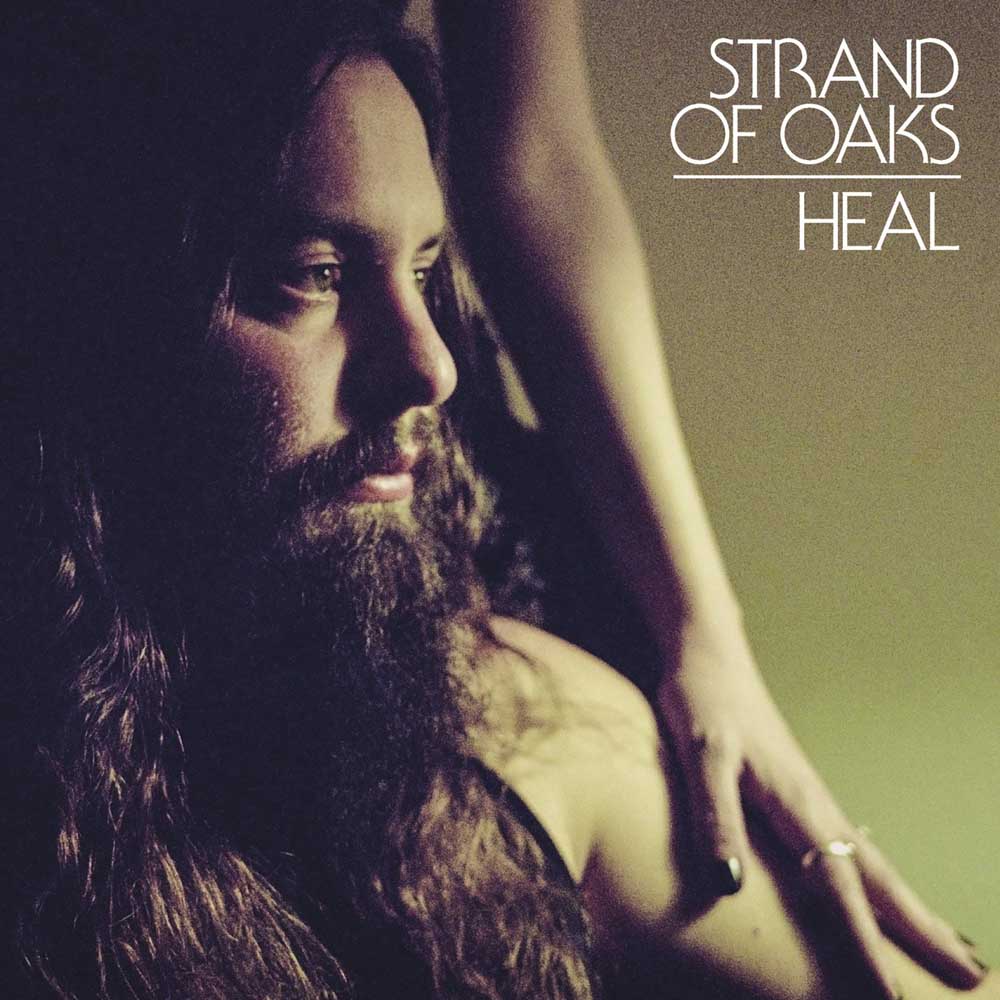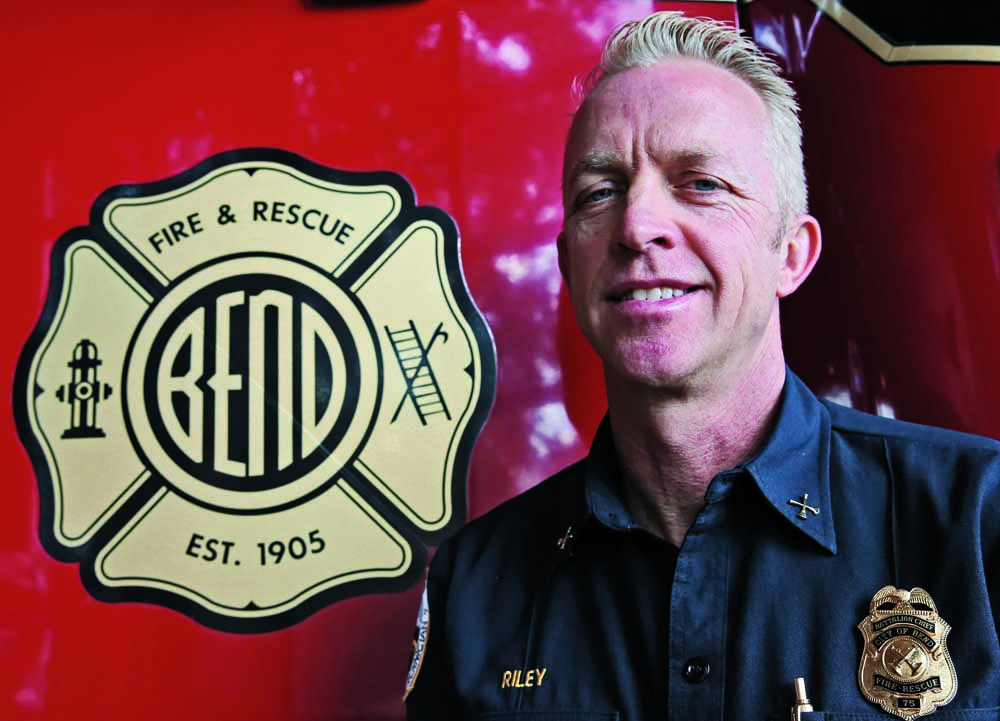Album reviews
Published 12:00 am Friday, July 4, 2014

- Strand of Oaks, "HEAL"
A Sunny Day in Glasgow
“SEA WHEN ABSENT”
Lefse Records
Although its six members now live in Sydney, Australia, and Brooklyn in addition to Philadelphia, A Sunny Day in Glasgow still qualify as Philadelphians: They reconvened there with producer Jeff Zeigler (who works with the War on Drugs and Kurt Vile) to record their third album, “Sea When Absent.”
The band, as ever, uses My Bloody Valentine as a template, but the densely layered guitars, sudden dynamic shifts, and sweet female vocals shine more brightly, with greater clarity this time. Credit in part vocalist Jen Gorma, who also appears on the recent Pains of Being Pure at Heart album, for bringing the melodies to the forefront: Fans of M83 — former ASDIG tourmates — and “Heaven or Las Vegas”-era Cocteau Twins will relish the pastoral grace of “Crushin’” and the vocal polyphony of “Never Nothing (It’s Alright (IT’S OK)).”
“Sea When Absent” is also an excellent headphone record, swirling with sharply articulated details.
ON TOUR: July 13 — Mississippi Studios, Portland; www.ticketfly.com or 877-435-9849.
—Steve Klinge,
The Philadelphia Inquirer
How to Dress Well
“WHAT IS THIS HEART?”
Weird World Record Co.
Tom Krell (aka How to Dress Well) has a voice like Justin Timberlake, a love of James Blake-like electronic simplicity, and open-ended song structure and lyrics seemingly informed by both Miguel and his study of nihilism for his philosophy doctorate at DePaul University.
This mix is as remarkable as it sounds on “What Is This Heart?,” giving Krell an alt-R&B breakthrough as thrilling as Frank Ocean’s “Channel Orange.” Krell can do catchy (“Repeat Pleasure”). He can build a gorgeous mood with his fluttering falsetto (“See You Fall”). But his greatest skill is to catch you unaware and overwhelm you with emotion as he does on “A Power.”
ON TOUR: Aug. 25 — Holocene, Portland; www.holocene.org or 503-239-7639.
— Glenn Gamboa,
Newsday
Strand of Oaks
“HEAL”
Dead Oceans
To talk about Tim Showalter’s personal history and hear about him fighting with and overcoming dark times makes him seem like so many singer-songwriters. But the wonderful thing about Showalter’s music, the conduit through which he filters these hard times and perhaps finds some meaning in them, is that with each release he complicates our understanding of him and, really, of what we should expect from singer-songwriter records.
“HEAL” is Showalter’s most wide-open, big-sounding and generous album to date. It is, in a lot of ways, a spectacle, but the spectacle is not, exactly, about him. Instead it is about the music, about the people that create it, about the feeling it creates in the listener and in the player, about the ways it can save us.
The album came out of another rough time for Showalter, isolated from his wife on tour in Europe. That relationship strained, and doubting the worth of his last record, Showalter returned home and wrote 30 songs in three weeks. The ones that made “HEAL” take stock of a life and look to set it back on the rails it had seemed to be tilting off.
Opener “Goshen ’97” shows a teenage Showalter in his bedroom, messing with Casios, making music. “I was lonely/ I was having fun,” he howls at the end of his verses, before he admits in the chorus “I don’t want to start all over again.” It’s a song that wonders how you recapture the desire without going back to the drawing board. That the song is filled with furious guitar riffs and powerful rhythms suggest that this is the moment Showalter recaptures it, but the worry inherent in the song makes this not a moment of nostalgia but an aching breakthrough to start the record.
ON TOUR: Aug. 28 — Doug Fir Lounge, Portland; www.ticketfly.com or 877-435-9849.
— Matthew Fiander,
PopMatters.com
Riff Raff
“NEON ICON”
Mad Decent
Alter egos — Riff Raff’s had a few. There are Jody Highroller, Kokayne Dawkinz and any of the hundreds of off-the-cuff monikers he bestows upon himself in song or on Twitter. Riff Raff is malleable, a canvas forever in need of fresh paint.
In this fashion, he’s carved out a sui generis hip-hop career in the last few years, popping up in unlikely places with unlikely friends (everyone from Drake to Chief Keef) and rapping unlikely lyrics in unlikely structures.
No sense trying to diagram his sentences: He drops prepositions at will and turns nouns into adverbs. At his best, he’s a master of psychedelic free association, with non sequitur lyrics full of 10-point words that are rapped as if he had come up with the idea for the line just after it began, then rushed to finish it on beat.
“Neon Icon” is Riff Raff’s debut album, though that’s more a liability than an achievement at this point in the gag. An album implies seriousness, a certain sense of decorum — generally speaking, things Riff Raff would rather not bother with.
And, indeed, “Neon Icon” is a fine hip-hop album from someone who seemed as if he’d make anything but. It’s dispiriting to hear Riff Raff contort himself into the shape of a mediocre pop-rap song like “Maybe You Love Me” or to be scraped clean of all his idiosyncrasy on “Time,” an otherwise amusing country-rap tune.
On those songs, he’s mindful of the beat and how he fits into it, as opposed to rapping forcefully and ridiculously in his fundamentally inimitable style. The Riff Raff of old is still there on “Lava Glaciers,” with the jumbled couplet “Ate the pork chop sandwich with the tartar sauce/ In the packet that I found in my purple Prada pocket protector.”
— Jon Caramanica,
The New York Times







